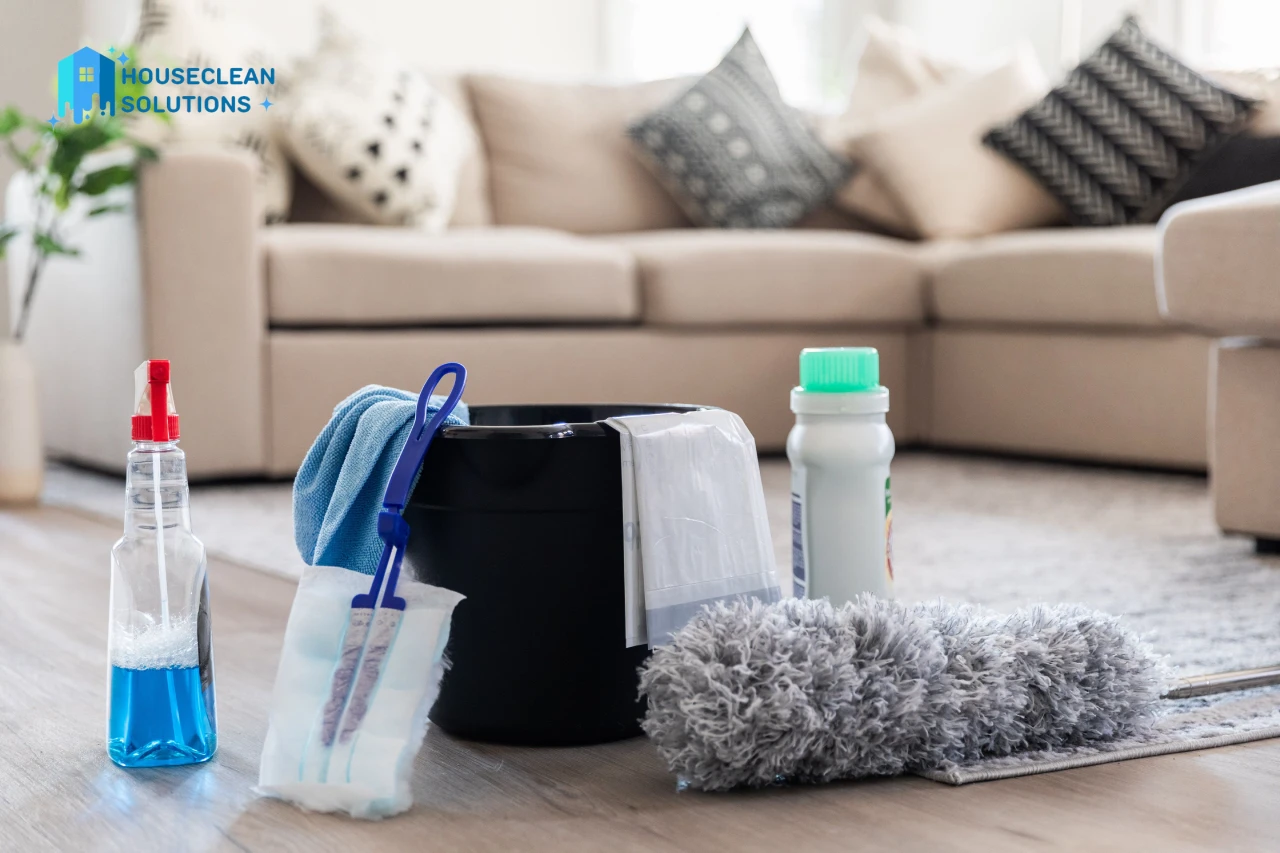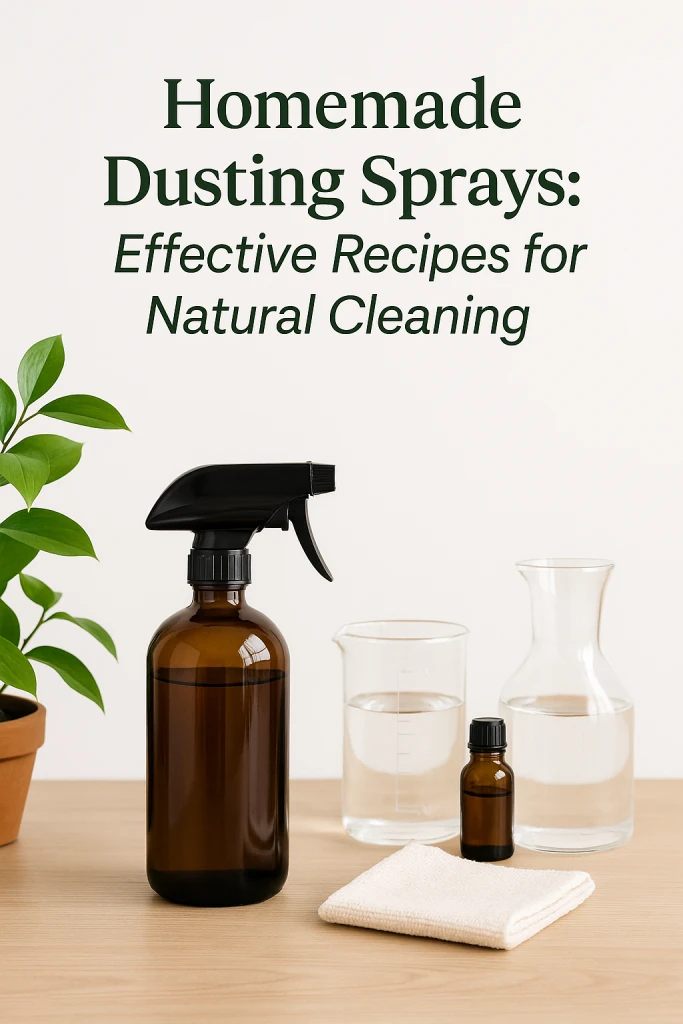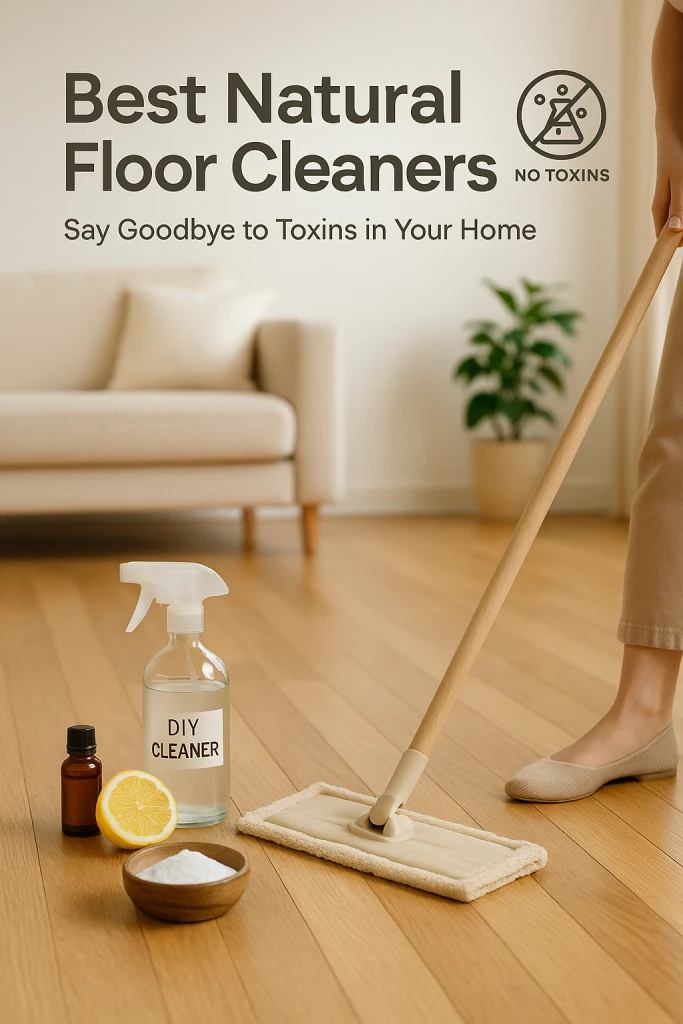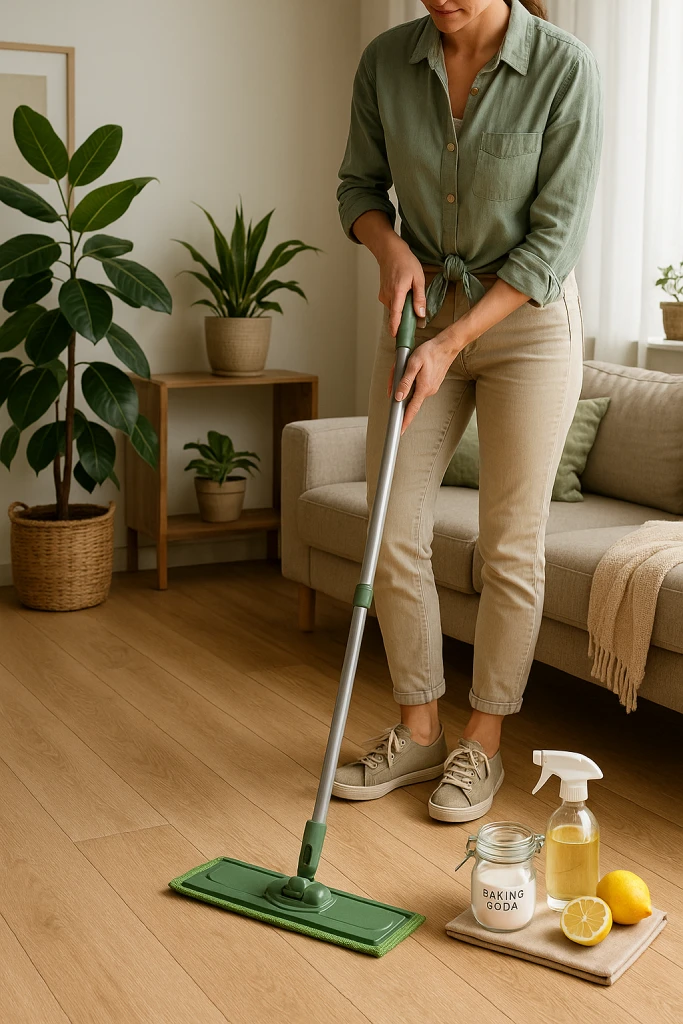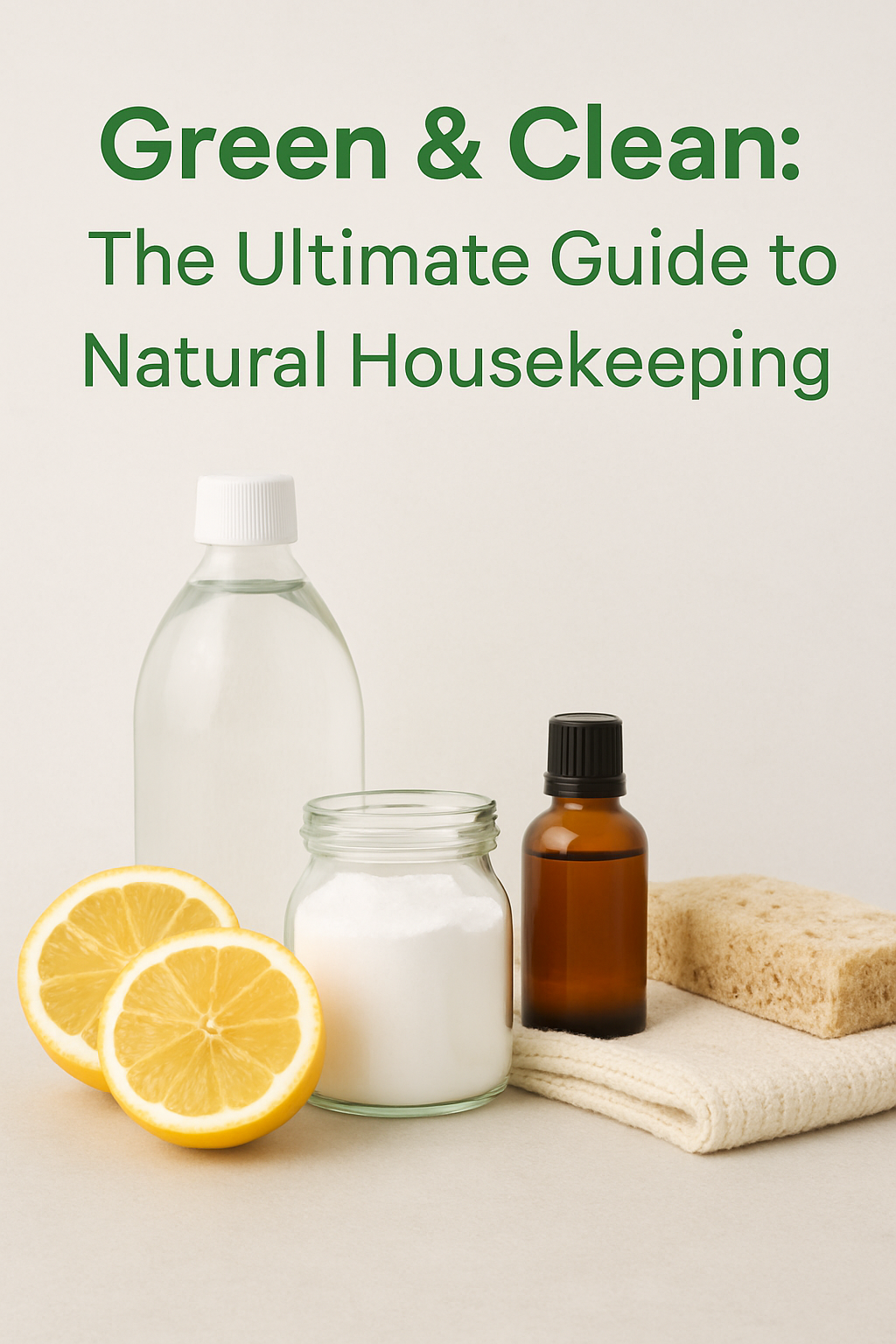Hand-made soap is crafted using natural ingredients and traditional methods. It offers gentle cleansing and nourishment for the skin.
Hand-made soap is a luxurious and eco-friendly alternative to commercial soap. Crafted using natural ingredients and traditional methods, it offers a gentle yet effective cleansing experience. Unlike mass-produced soaps, hand-made soap retains glycerin, a natural moisturizer, and is free from harsh chemicals.
This makes it suitable for sensitive skin and environmentally conscious consumers. The diverse range of scents and textures also adds a sensory delight to the bathing experience. In addition to personal use, hand-made soaps are often favored as thoughtful gifts due to their artisanal appeal and skin-friendly properties. Whether you seek a natural cleansing solution or a unique gift option, hand-made soap is a delightful choice that supports both skin health and sustainability.
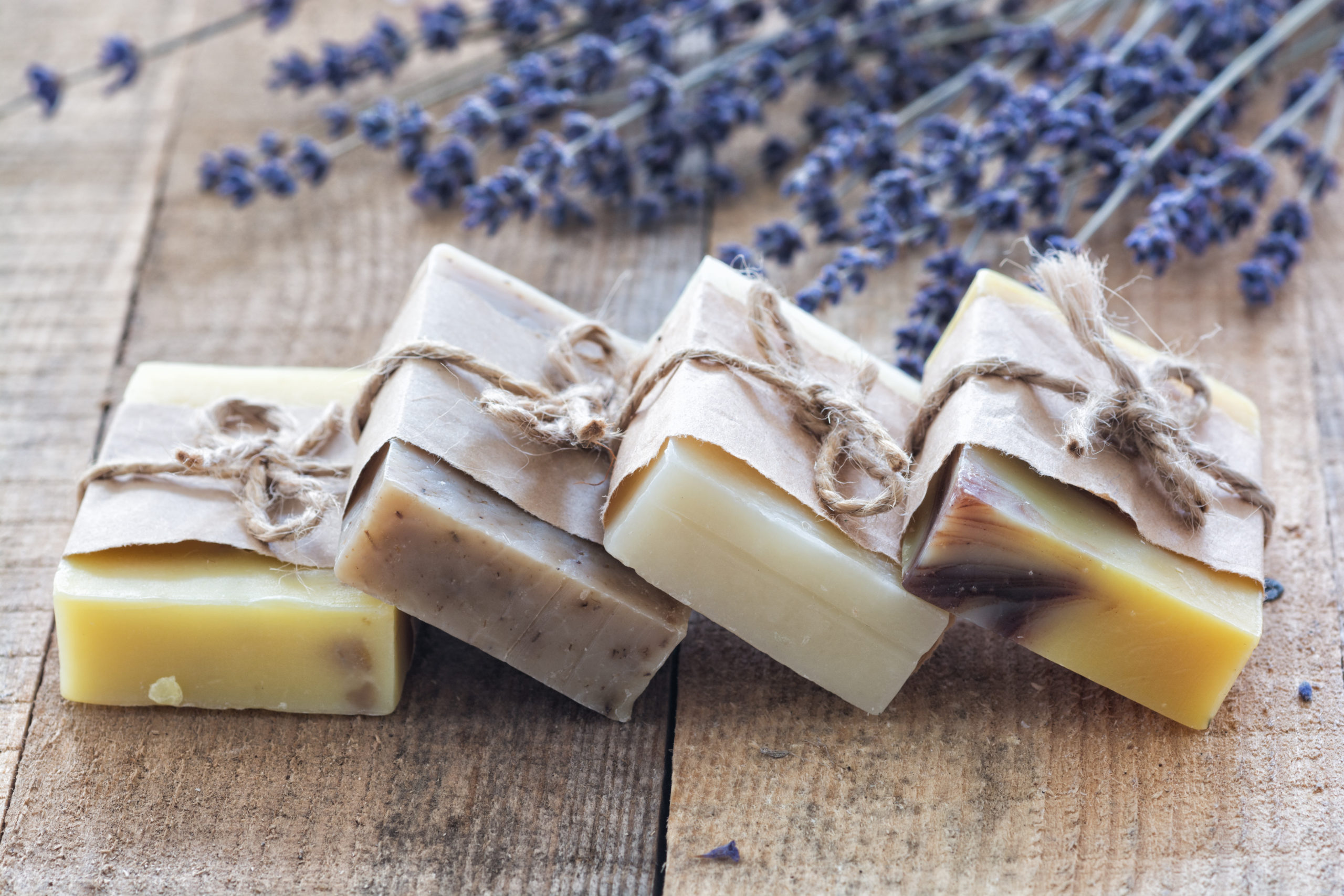
Credit: lovinsoap.com
The Allure Of Hand-made Soap
Hand-made soap offers a unique allure that can’t be matched by mass-produced options. Each bar is crafted with care and attention to detail, resulting in a product that’s both beautiful and functional. Made with natural ingredients and often in small batches, hand-made soap is a luxurious addition to any self-care routine.
A Personal Touch
Hand-made soap has a charm that mass-produced soap simply can’t replicate. The personal touch that goes into crafting each bar is what sets it apart. Skilled artisans pour their creativity, passion, and expertise into every batch, resulting in a unique and individual product. No two bars are exactly the same, making hand-made soap a true work of art. The attention to detail and dedication to quality ensures that each bar is crafted with love and care, giving it a special allure.
Unique Ingredients
One of the most exciting aspects of hand-made soap is the use of unique and natural ingredients. Artisans often incorporate botanicals, essential oils, and nourishing additives like shea butter and coconut oil into their creations. These carefully selected ingredients offer a range of benefits for the skin, such as moisturizing, soothing, and nourishing properties. Unlike commercial soaps that can be harsh and drying, hand-made soap contains ingredients that are gentle and beneficial for the skin. The natural fragrances and vibrant colors derived from these ingredients create a sensory experience that is truly captivating.
Ingredients That Make A Difference
When it comes to hand-made soap, the ingredients used can make all the difference. Each element is carefully selected to ensure that the soap not only cleanses but also nourishes and pampers your skin. Let’s delve into the essential ingredients that elevate hand-made soap to a whole new level of luxury.
Natural Oils And Butters
Hand-made soaps often contain a variety of natural oils and butters, each bringing its own unique benefits to the formula. The shea butter helps to moisturize and soothe the skin, while coconut oil provides a rich lather and cleansing properties. Olive oil is known for its gentle and nourishing effects, making it perfect for those with sensitive skin. These natural oils and butters work in harmony to create a luxurious and indulgent bathing experience.
Herbs And Essential Oils
Herbs and essential oils are key ingredients in hand-made soaps, offering both aromatic and therapeutic benefits. Lavender essential oil not only imparts a calming fragrance but also has soothing properties for the skin. Peppermint and eucalyptus oils can invigorate the senses and provide a refreshing cleanse. Additionally, calendula and chamomile offer gentle, skin-soothing effects, making them ideal for those with delicate skin.
Benefits For Your Skin
Hand-made soap is a natural alternative to commercial soap that is filled with harsh chemicals. It offers numerous benefits for your skin, from gentle cleansing to moisturization and nourishment. Let’s take a closer look at these benefits:
Gentle Cleansing
Hand-made soap is made from natural ingredients such as oils, butters, and essential oils, which make it gentle on your skin. Unlike commercial soap, which strips your skin of its natural oils, hand-made soap cleanses your skin without leaving it dry and itchy. It helps to remove dirt, oil, and impurities from your skin, leaving it feeling clean and refreshed.
Moisture And Nourishment
The oils and butters used in hand-made soap provide moisture and nourishment to your skin. They penetrate deep into your skin to hydrate it, leaving it soft and supple. The essential oils used in hand-made soap also provide additional benefits, such as calming and soothing effects on your skin.
If you have dry or sensitive skin, hand-made soap is a great option for you. It can help to alleviate dryness and itchiness, and provide relief from conditions such as eczema and psoriasis. The natural ingredients in hand-made soap also make it safe for all skin types, including sensitive skin.
If you are looking for a natural alternative to commercial soap that offers numerous benefits for your skin, hand-made soap is the way to go. It provides gentle cleansing, moisture, and nourishment, making it a great option for all skin types. So, why not give it a try and see the difference it can make to your skin!

Credit: soapcandleshop.com
Crafting Your Own Soap At Home
Creating your own soap at home can be a rewarding and fulfilling experience. Not only do you get to customize the ingredients and scents to suit your preferences, but you also ensure that your soap is free from harmful chemicals.
Basic Equipment
Before you begin crafting your soap, ensure you have the following basic equipment:
- Mixing bowls
- Stirring utensils
- Soap molds
- Thermometer
- Protective gear (gloves, goggles)
Step-by-step Process
Follow these simple steps to create your own hand-made soap:
- Melt the soap base in a double boiler.
- Add your preferred scents and colors.
- Pour the mixture into soap molds.
- Allow the soap to cool and harden.
- Unmold the soap and let it cure for a few weeks.
Customizing Your Soap
When customizing your hand-made soap, you have the opportunity to create a unique product tailored to your preferences.
Choosing Scents
Select from a wide range of natural scents such as lavender, citrus, or mint to personalize your soap.
Adding Color And Texture
Enhance the visual appeal with natural colorants like turmeric or spirulina, and textures such as exfoliating oats or poppy seeds.
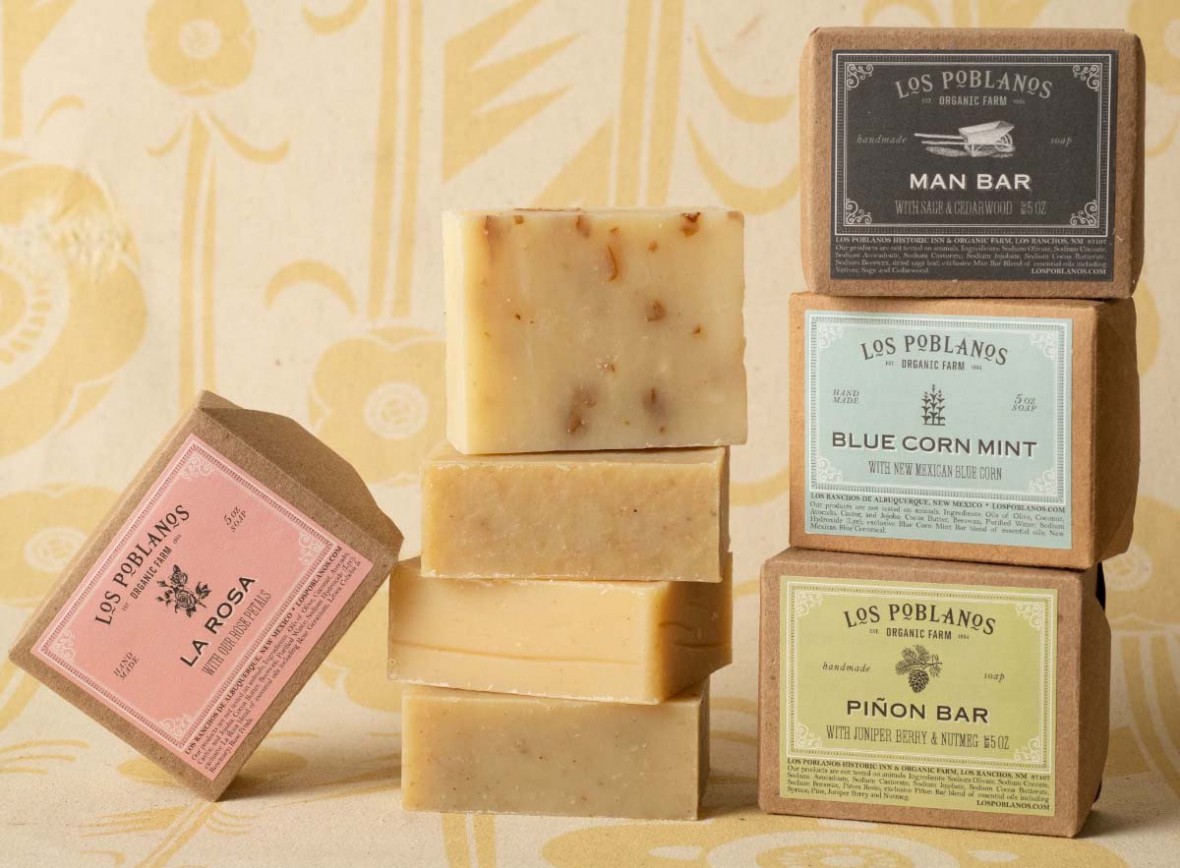
Credit: lospoblanos.com
Safety Precautions In Soap Making
Prioritize safety in hand-made soap making by wearing protective gear, using lye cautiously, and ensuring proper ventilation. Implement good hygiene practices, label ingredients correctly, and store supplies securely to prevent accidents.
Soap making is an enjoyable and creative hobby, but it is important to take safety precautions to ensure that the process is safe. Here are some crucial safety measures to keep in mind when making hand-made soap.Handling Lye
Lye is a highly caustic substance that can cause severe burns if it comes into contact with skin or eyes. When handling lye, it is essential to wear protective gear, including gloves, goggles, and a mask to prevent inhalation. Keep the lye away from children and pets and handle it with care.Proper Equipment Use
Using the appropriate equipment is essential to ensure safety when making soap. Use a stainless steel or heat-resistant plastic pitcher to mix the lye and water solution, and do not use aluminum or other reactive materials. Use a thermometer to monitor the temperature of the lye and oils, and make sure that all equipment is clean and free from contaminants.Soap Making Environment
It is essential to have a well-ventilated area to make soap. If possible, use a dedicated workspace and avoid making soap in a kitchen or other areas where food is prepared. Keep the workspace clean and free from clutter, and have a fire extinguisher nearby in case of emergencies. By following these safety precautions, you can ensure that your soap making experience is enjoyable and safe. Remember to always keep safety in mind when making hand-made soap, and have fun exploring your creativity!The Environmental Impact
Hand-made soap not only benefits your skin, but it also has a positive impact on the environment. From eco-friendly packaging to sustainable ingredients, the production and use of hand-made soap contribute to a greener and more sustainable future.
Eco-friendly Packaging
When it comes to hand-made soap, eco-friendly packaging is a top priority. Unlike mass-produced soaps that often come in plastic containers, hand-made soap is typically packaged in materials that are both biodegradable and recyclable.
The use of minimal packaging is another eco-friendly aspect of hand-made soap. Many artisans opt for simple, yet elegant packaging that reduces waste and unnecessary materials. By choosing hand-made soap, you not only support local businesses but also help reduce the amount of plastic waste that ends up in landfills and our oceans.
Sustainable Ingredients
Hand-made soap is crafted using sustainable ingredients that are sourced ethically and responsibly. Natural oils, such as coconut oil and olive oil, are commonly used as the base ingredients for hand-made soap. These oils are not only beneficial for the skin but also have a lower environmental impact compared to synthetic alternatives.
In addition to natural oils, hand-made soap often incorporates other sustainable ingredients such as essential oils, botanical extracts, and exfoliants like oatmeal or coffee grounds. These ingredients are carefully chosen to provide nourishment and cleansing properties while minimizing harm to the environment.
By choosing hand-made soap, you are supporting a more sustainable approach to personal care. The use of eco-friendly packaging and sustainable ingredients reduces the overall carbon footprint associated with the production and disposal of traditional, commercially produced soaps.
So, the next time you’re in need of a new bar of soap, consider making the switch to hand-made soap. Not only will your skin thank you, but the environment will too.
Finding Hand-made Soaps
When it comes to skincare, there is a growing interest in using natural and hand-made products. Hand-made soaps have gained popularity due to their unique formulations and the benefits they offer for the skin. If you’re looking to incorporate hand-made soaps into your skincare routine, there are two main avenues to explore: local artisans and online marketplaces.
Local Artisans
Supporting local artisans is not only a great way to find high-quality hand-made soaps, but it also helps to stimulate the local economy and promote sustainable practices. Many artisans create their soaps using traditional methods, carefully selecting natural ingredients that nourish and cleanse the skin.
Here are some ways to find hand-made soaps from local artisans:
- Visit farmers’ markets or craft fairs in your area. These events often showcase the work of local artisans, including hand-made soaps.
- Check out boutique shops or specialty stores that focus on locally made products. These establishments usually carry a variety of hand-made soaps created by talented artisans in the area.
- Connect with your community through social media platforms. Local artisan groups or soap-making guilds often have online communities where they share their products and upcoming events.
By supporting local artisans, you not only have the opportunity to find unique and high-quality hand-made soaps but also to connect with the creators behind the products and learn more about their craft.
Online Marketplaces
If you prefer the convenience of online shopping, there are numerous online marketplaces that offer a wide selection of hand-made soaps. These platforms provide a global reach, allowing you to discover unique soap creations from around the world.
Here are some popular online marketplaces to explore:
- Etsy: A well-known platform for hand-made and artisanal products, Etsy offers a vast range of hand-made soaps in different scents, shapes, and sizes. You can easily browse through various shops and read reviews from previous customers to ensure the quality of the products.
- Amazon Handmade: Amazon’s dedicated section for hand-made products features a wide selection of hand-made soaps. You can find soaps crafted by artisans from different regions and read detailed descriptions to find the perfect soap for your needs.
- Instagram: Many soap artisans showcase their products on Instagram, allowing you to explore their creations and make purchases directly through the platform. Simply search for hashtags such as #handmadesoap or #artisansoap to discover a world of unique soaps.
When purchasing hand-made soaps from online marketplaces, it’s essential to read product descriptions, check customer reviews, and ensure the seller has a good reputation for delivering high-quality products.
Frequently Asked Questions
What Are The Benefits Of Using Hand-made Soap?
Hand-made soap is gentle, moisturizing, and free from harsh chemicals. It can help improve skin conditions, such as eczema, and promote overall skin health. Additionally, hand-made soap often contains natural ingredients that nourish and protect the skin.
How Is Hand-made Soap Different From Commercial Soap?
Hand-made soap is crafted in small batches using natural ingredients, while commercial soap is mass-produced with synthetic chemicals. Hand-made soap retains its natural glycerin content, resulting in a more moisturizing and nourishing product, unlike commercial soap, which often strips the skin of its natural oils.
Can Hand-made Soap Help With Skin Conditions Like Eczema?
Yes, hand-made soap can be beneficial for individuals with eczema. The natural ingredients and gentle formulation of hand-made soap can soothe and moisturize the skin, providing relief from itching and irritation often associated with eczema. It’s important to choose a hand-made soap specifically designed for sensitive skin.
Conclusion
Discover the beauty of hand-made soap and indulge in its natural ingredients. Elevate your skincare routine with artisanal soaps that nourish and cleanse gently. Treat yourself to the luxury of unique scents and textures that leave your skin feeling refreshed and rejuvenated.
Experience the difference of handcrafted soap today.



